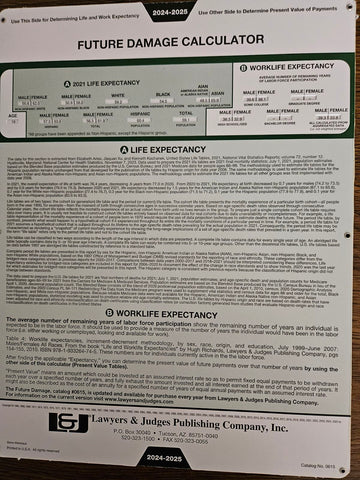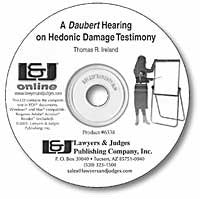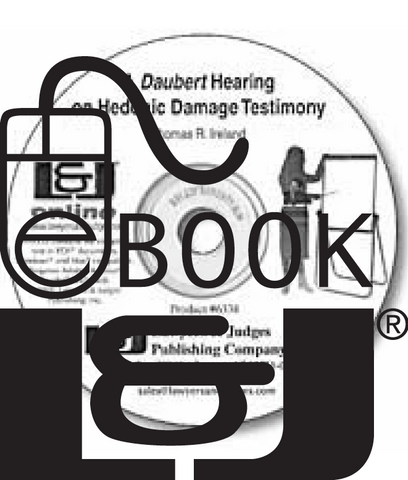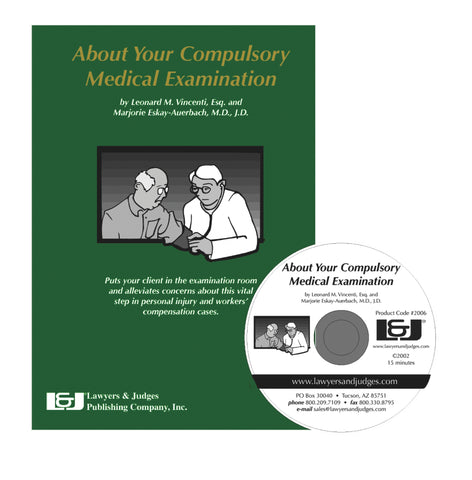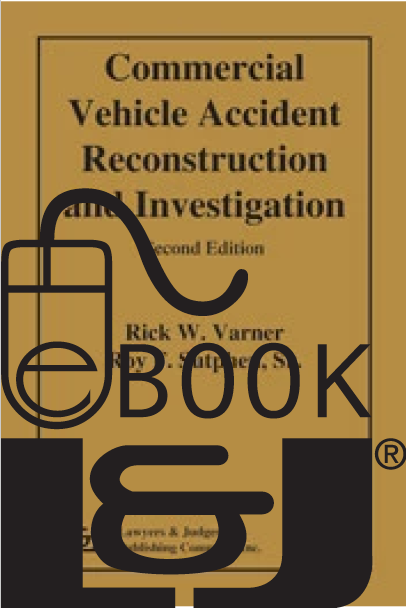
Commercial Vehicle Accident Reconstruction and Investigation, Second Edition PDF eBook
- Author: Rick W. Varner, Roy Sutphen Sr.
- ISBN 10: 1-933264-83-7
- ISBN 13: 978-1-933264-83-7
- Copyright Date Ed: September 27, 2010
- Pages: 448 pages
- PDF eBook
Is it safe to drive with these large trucks? What happens when the small car in front of the commercial vehicle slams on its brakes? Reconstructing commercial vehicle accidents is a complex task that is often misunderstood or misinterpreted. Frequently, mistakes are made in determining the vehicle's ability to brake efficiently, the engine speeds and the loading condition. This reference book identifies the proper techniques you should use in order to correctly assess a commercial vehicle accident scene.
The authors of this text discuss in great detail the unique aspects of commercial vehicle operation, performance and regulations. Chapters are dedicated to the various operating systems of these vehicles such as the electrical systems, tires, steering, suspension and much more. You will also learn about the human factors in commercial vehicle operations and accidents. The drivers of these trucks must drive at 100 percent of their ability in all situations and must meet certain requirements before they are allowed behind the wheel. Even so, accidents do occur and are sometimes caused by the driver's response.
New to this expanded second edition are chapters on vehicle headlamps, terminology, Automatic On-Board Recording Devices (AOBRD), wireless communications equipment, collision warning systems and smart cruise, vehicle speed sensor, and testimony questions, among others.
If you are interested in reconstructing or investigating commercial vehicle accidents, or if you are already involved in this but would like a better understanding of the issues, this book will prove to be valuable tool.
Topics include:
- Types of carriers
- Driver responsibilities
- Driver's record of duty status
- Electrical systems
- Wheels, rims and tires
- Human factors
- Air brakes, hydraulic brakes and electrical brakes
- Commercial vehicle rollover
- Roadway evidence and vehicle evidence
- Onboard computers
- Speed formulas
Table of Contents
Chapter 1: Introduction
Chapter 2: 49 CFR/North American Out-of-Service Criteria
Chapter 3: Types of Carriers
Chapter 4: Driver Responsibilities
Chapter 5: Driver’s Record of Duty Status
Chapter 6: Commercial Driver’s License Regulations
Chapter 7A: Electrical System
Chapter 7B: Lamp Overview
Chapter 8: Wheels and Rims
Chapter 9: Tires
Chapter 10A: Fuel System and Exhaust System
Chapter 10B: Fire Case (Regeneration Filter)
Chapter 11: Coupling Devices
Chapter 12: Steering Components
Chapter 13: Terminology
Chapter 14: Fundamentals of Compressed Air and Brakes
Chapter 15: The Brake System
Chapter 15A: Hydraulic Brake Systems
Chapter 15B: Electric Brakes
Chapter 15C: Hydraulic Surge Brakes
Chapter 15D: Air Brake System Components
Chapter 15E: Air over Hydraulic Brakes
Chapter 15F: Truck Retarder Systems
Chapter 15G: The Wedge Brake System
Chapter 15H: Brake Chapter Summary
Chapter 16: Vehicle Inspection for Braking Efficiency
Chapter 17: Brake Balance and Timing
Chapter 18: Trailer Design
Chapter 19: Types of Trailers
Chapter 20: Trailer Underride and Rear-End Protection
Chapter 21: Load Securement
Chapter 22: Roadway Evidence
Chapter 23: Vehicle Evidence
Chapter 24: Human Factors
Chapter 25: Off-Tracking
Chapter 26: Vehicle Dynamics
Chapter 27: Commercial Vehicle Rollover
Chapter 28A: Automatic On-Board Recording Devices (AOBRD)
Chapter 28B: ECM and Accident Reconstruction (The Caution Zone)
Chapter 28C: Wireless Communications Equipment
Chapter 28D: Collision Warning Systems and Smart Cruise for Heavy Trucks
Chapter 28E: Vehicle Speed Sensor
Chapter 28F: Questions that Can Be Asked During Testimony
Chapter 28G: ECM Reliability and Concerns
Chapter 28H: Terminology, Acronyms and Definitions for Electronic Data from ECM/ECU/EDR
Chapter 28I: What Components Make a Computer?
Chapter 28J: Commercial Vehicle Documents/Information for Analysis
Chapter 28K: ECM Data Chart
Chapter 29: Other Speed Formulas
Appendix A: Pushrod Force Charts

